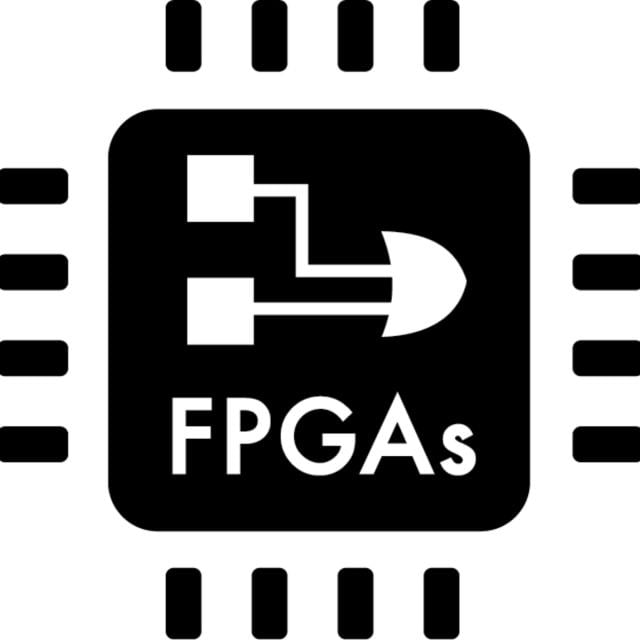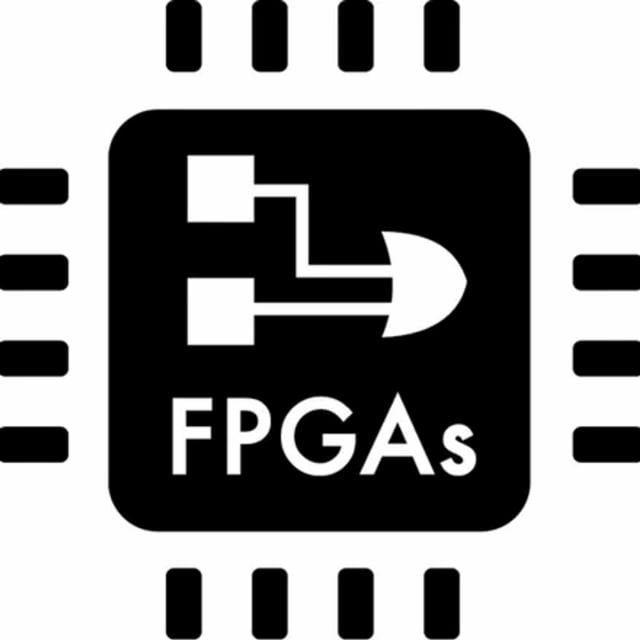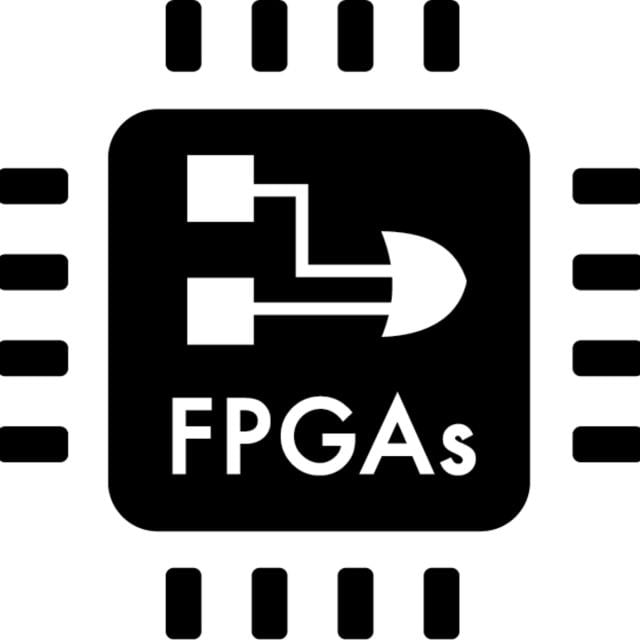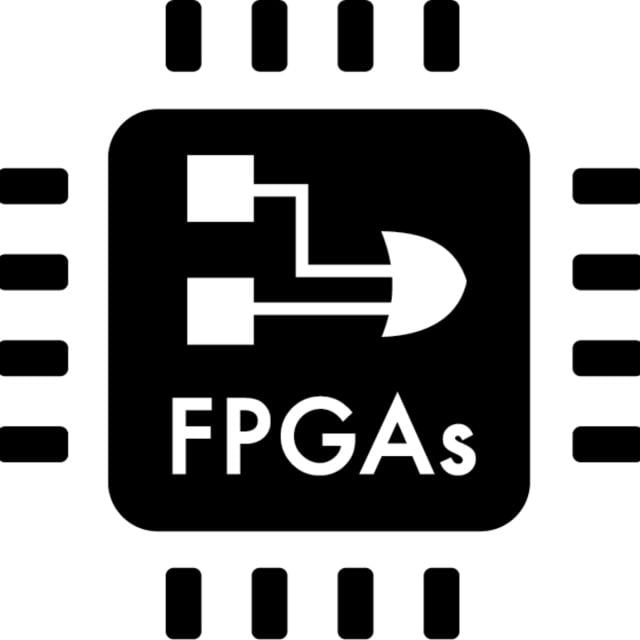FPGA Capstone: Building FPGA Projects (Coursera)
Categories
Effort
Languages
This course will give you hands-on FPGA design experience that uses all the concepts and skills you have developed up to now. You will need to purchase a DE10-Lite development kit. You will setup and test the MAX10 DE10-Lite board using the FPGA design tool Quartus Prime and the System Builder.
May 6th 2024




